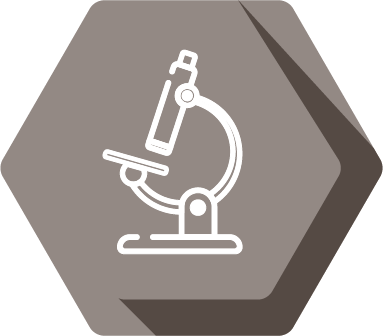Itzel Talavera-Vilchis

Pronouns: she/her
Research Mentor(s): Joann Sekiguchi, Associate Professor
Research Mentor School/College/Department: Internal Medicine and Department of Human Genetics, Michigan Medicine
Presentation Date: Thursday, April 22, 2021
Session: Session 6 (4pm-4:50pm)
Breakout Room: Room 12
Presenter: 5
Abstract
Defects in DNA repair mechanisms can cause life-threatening conditions such as Severe
Combined Immunodeficiency Disorder (SCID) or Omenn Syndrome (OS). The Artemis DNA
nuclease plays important roles in non-homologous end-joining repair of DNA double strand
breaks and is especially crucial for cleaving DNA hairpins during V(D)J recombination. V(D)J
recombination generates the genes encoding variable regions of antigen receptors during early lymphocyte development. A mutation in the Artemis gene can impair V(D)J recombination, which can block lymphocyte development, thereby increasing the possibility of SCID and/or OS in young patients. In this project, an Artemis missense mutation found in a Leaky SCID patient that substitutes glutamate for glycine at position 6 was studied in an in vitro assay system to learn how it affects V(D)J recombination. This mutation was introduced into the Artemis gene in a plasmid and expression from this construct was examined in human cell lines by western blotting. This expression construct was transfected into Artemis null fibroblasts with a plasmid-based V(D)J recombination substrate. These experiments will reveal the impact of the disease-associated mutation on V(D)J recombination frequencies compared to controls and the sequences of the recombination events. Results from this study will pave a path to understanding how this mutation causes immunodeficiency in patients.
Authors: Itzel Talavera-Vilchis
Research Method: Laboratory Research





